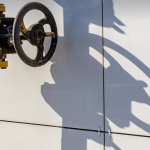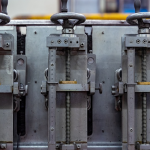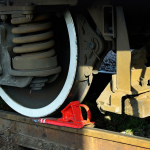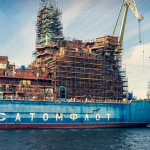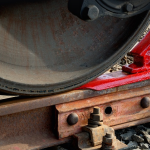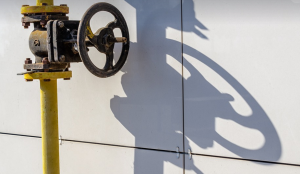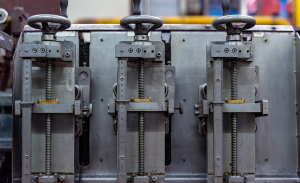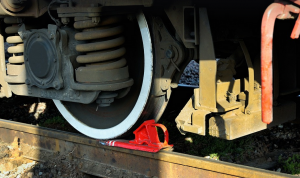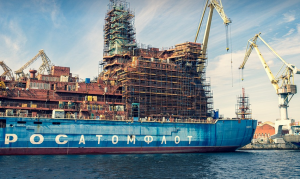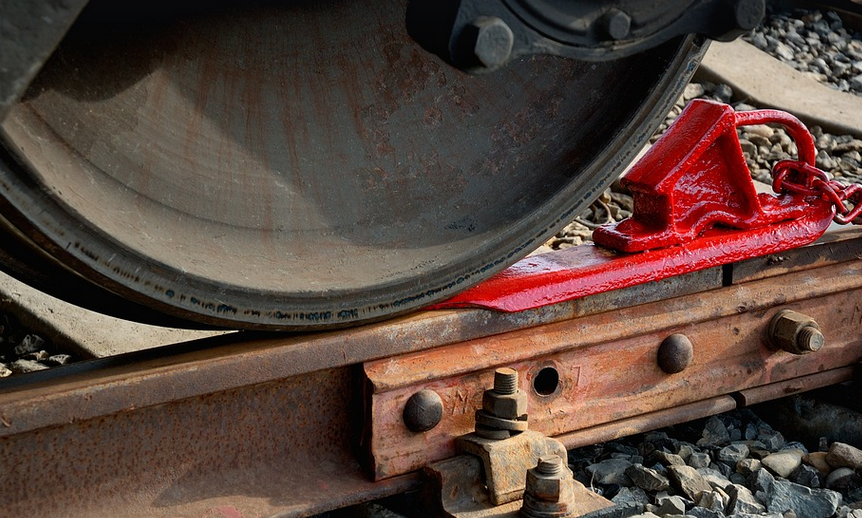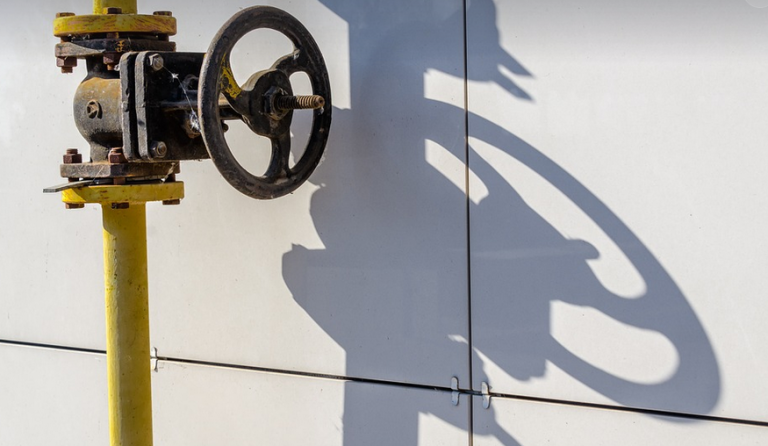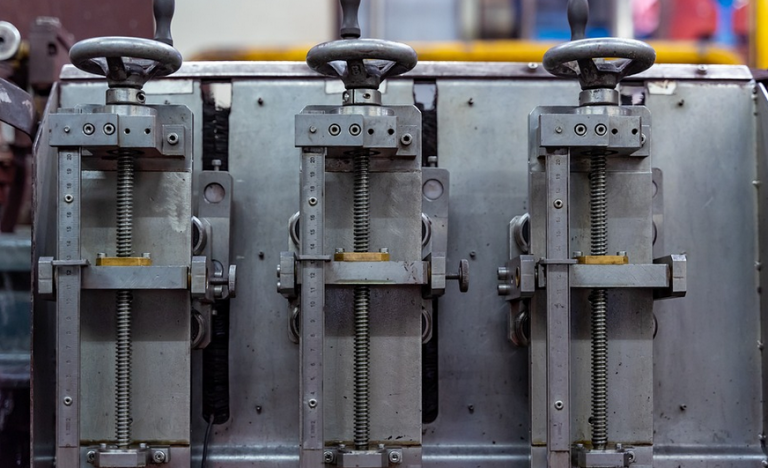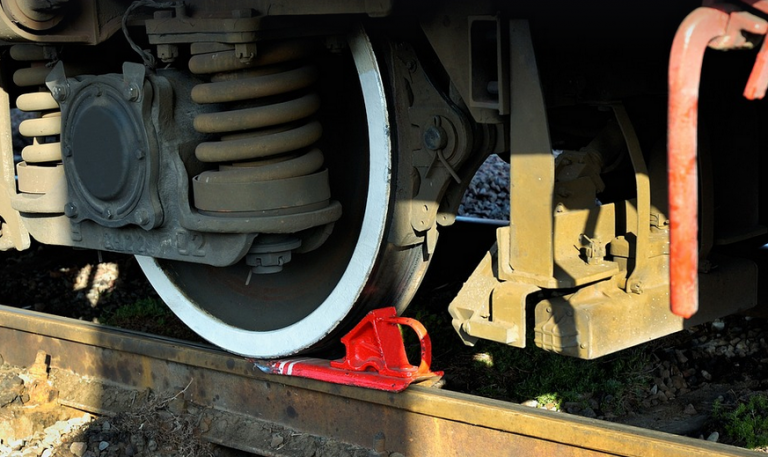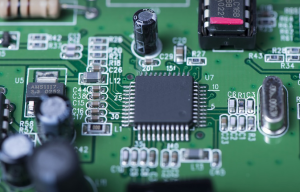A Vital Cornerstone of Construction & Industry
Heavy equipment welding repair plays a huge role in keeping our industries running smoothly, from the construction sites that shape skylines to the factories producing everything we need. These massive machines are built for work, and like any machine, they require regular maintenance to keep them working at peak performance.
Whether it’s a towering crane needing repair after a hard-working day, or a dump truck dealing with heavy loads that take their toll on its components, the right welding repair can extend the life of your equipment, save you money in the long run, and ensure safety for both workers and machines.
But what exactly is involved? Heavy equipment welding repair goes beyond just patching holes. It involves a deep understanding of machinery, meticulous attention to detail, and specific techniques that are critical to restoring machines to their optimal condition.
Let’s dive deeper into the world of heavy equipment welding repair:
Understanding the Importance of Proper Welding
Heavy equipment is subject to a wide range of wear and tear. From constant pressure from loads to extreme temperatures in operation, all of this puts stress on the machine. Welding repairs are crucial to address these stresses. The welding process strengthens existing components, preventing failure down the line.
The right kind of welding repair will:
- **Extend the life of heavy equipment**: A well-executed weld can reinforce sections prone to wear and tear, thereby delaying replacements and increasing the lifespan of your machine.
- **Improve safety**: By strengthening crucial points in a component, welding repairs can enhance overall stability and prevent catastrophic failure that could endanger workers.
- **Reduce downtime**: Properly repaired equipment runs smoother, leading to reduced repair time and minimal disruption to your operations.
- **Maintain optimal performance**: Welding helps restore functionality by correcting flaws and strengthening weak points – ensuring the machine operates at peak efficiency.
Types of Heavy Equipment Welding Repair
Heavy equipment welding repair isn’t a one-size-fits-all approach. Depending on the specific equipment and the issues encountered, the type of welding repair will vary:
**1. Structural Repairs:**
Structural repairs are essential for repairing damage or wear to major components such as frames, beams, and chassis.
**2. Joint Welding**:
For joints like axles or track connections, specialized welding techniques ensure a strong bond between parts.
**3. Component Repairs:**
This type of repair involves focusing on specific components like cylinders, tanks, and other crucial functional components.
**4. Corrosion Repair**:
Corrosion resistance is key in heavy equipment. Welding repairs can help to prevent corrosion by sealing gaps and preventing rust.
**5. Heat Treating**:
This process enhances the mechanical properties of welded joints, making them stronger and more durable.
Steps Involved in a Heavy Equipment Welding Repair
A typical heavy equipment welding repair involves a series of precise steps to ensure a successful outcome:
**1. Assessment:** The first step is a thorough inspection by a qualified welder who assesses the damage, identifies problems, and determines the best approach for the welding repair.
**2. Preparation:** To achieve optimal results, parts are cleaned, prepped, and inspected to remove debris or rust, ensuring smooth welds.
**3. Welding:** The welder will use specialized equipment to weld the components together, carefully applying heat and pressure to create a strong bond.
**4. Grinding & Finishing**: After welding, the welded area is smoothed out using grinding tools for a seamless finish.
**5. Quality Control:** Thorough inspections are performed to ensure that the repair aligns with industry standards, guaranteeing a safe and reliable outcome.
The Benefits of Choosing Professional Welding Repair
While DIY projects may seem like an option for some minor repairs, heavy equipment welding requires specialized skills and knowledge. Here’s why it is always recommended to hire professionals:
**1. Safety:** Working with heavy machinery presents inherent risks. Professionals know how to work safely in such environments, minimizing the risk of accidents.
**2. Expertise**: Experienced welders understand the nuances and intricacies of different welding techniques for specific types of equipment, ensuring a successful repair.
**3. Precision:** Professional welding requires high precision, something that can be challenging for an untrained individual who may make mistakes that compromise the integrity of your machinery.
**4. Equipment Compatibility**: Professionals know how to work with specialized equipment for heavy-duty applications. This knowledge ensures proper repair and prevents further damage to your machine.
Finding a Reputable Welding Repair Specialist
Choosing the right welding specialist is crucial for any heavy equipment repair:
**1. Recommendations:** Don’t hesitate to ask fellow professionals in the industry for recommendations. Word-of-mouth can be invaluable.
**2. Experience & Certifications**: Ensure their experience and qualifications are up to par with your needs before committing to the services.
**3. Quality Workmanship:** Look for welders who prioritize quality workmanship, offering a warranty on their repairs for added peace of mind.
**4. Communication and Transparency**: Communication is key in any repair process, especially with heavy equipment. Choose a specialist who communicates clearly about the repair work, timelines, and costs, ensuring you’re fully informed and satisfied.
Staying Ahead of Maintenance
Regular maintenance plays a pivotal role in extending the lifespan of your heavy equipment. It helps prevent small issues from escalating into major problems and keeps your machines running smoothly. Some essential aspects of maintenance include:
**1. Routine Inspections:** Schedule regular inspections to identify potential problems early on.
**2. Fluid Management**: Maintaining optimal fluid levels in vital components prevents overheating and premature wear.
**3. Component Cleaning**: Keep parts clean and free of debris to prevent rust and corrosion.
**4. Lubrication:** Proper lubrication helps reduce friction, ensuring smoother operation and extended life for moving parts.
Conclusion: Investing in Precision Repair
Heavy equipment welding repair is an integral part of operating any industry. It ensures the safety and longevity of your machines, minimizing downtime and maximizing efficiency. By understanding the importance of proper repairs, choosing a reputable specialist, and implementing regular maintenance, you can keep your heavy equipment running smooth and efficiently for years to come.
Remember: When it comes to heavy machinery, precision welding is not just about fixing broken parts – it’s about investing in long-term performance and safety.
